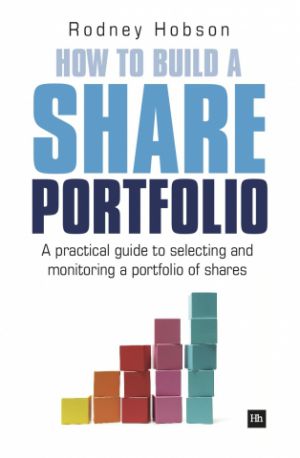
Wrong reaction to danger?
An acquaintance decided that travelling on the Tube was far too dangerous after the London Underground bombings so he got out his bike instead. On his way into work on the first day he was knocked off and killed.
The same sort of mentality is now afflicting private investors, who are forsaking the stock market in favour of gold and savings accounts. Talk about jumping out of the frying pan into the fire!
Research by the Investment Management Association suggests that private investors are currently putting only about 10% of the average amount they have placed in stock market funds over recent months and have fallen back to investment levels last seen in 2008 at the height of the global financial crisis. Meanwhile sales of gold funds have risen by nearly 60%.
Given that private investors have a propensity for leaping onto any bandwagon just as the wheels are about to fall off, this must be a warning signal that the gold price could be due to peak. Investors who put money into funds rather than handling their own investments are the ones who are least sophisticated and the ones most likely to get it wrong.
Gold has admittedly been a great investment with the price soaring above $1,600 an ounce but it offers no income. All gains are on paper until you sell and you are relying on a continuing stream of new investors pushing the gold price ever higher. If that stream dries up, or early investors decide to take their profits, then the price will fall back and latecomers will be left nursing losses.
Putting money into savings account is an even greater risk. With interest rates so low, any cash saved will be eroded by inflation. This is a sure fire way to lose money.
Gilts and company bonds offer a better rate of interest but these, too, have their dangers. Despite the Bank of England?s enduring reluctance to raise base rate from the 0.5% level that has been maintained for more than two years, that policy cannot persist for ever. When interest rates start to rise, bond prices will fall.
Only shares offer a consistently strong flow of income alongside the potential for long term capital gains and it is entirely wrong to desert the stock market now despite the growing uncertainties of European and American sovereign debt and the lingering possibility of a double dip recession on both sides of the Atlantic.
Really solid companies across a wide range of sectors are offering yields of 5% or more. They include National Grid, United Utilities, Aviva, AstraZenica, Sainsbury and Vodafone. I own shares in National Grid and Vodafone and have just topped up my holding in Sainsbury. Many more companies offer yields top side of 4%, the sort of return you can only dream of getting from your bank unless you tie up your cash for a long period.
It means that shares must fall 4 or 5% over the next 12 months to wipe out your gains from income and another 5% to make the investment worse than instant access savings accounts. Even if that happens, share prices will eventually recover if you can hold on long enough; savings lost are lost forever.
Some investors are foolishly abandoning shares because they are worried about inflation. This is madness. Of all investments, shares offer the best hedge against inflation. Share prices have been moving sideways with the FTSE 100 Index around 5,800 points. All the woes in the world have failed to spark a collapse. Each dip is an opportunity for long term investors to get in.
Rodney Hobson is the author of How to Build a Share Portfolio published by Harriman House.
www.harriman-house.com/howtobuildashareportfolio